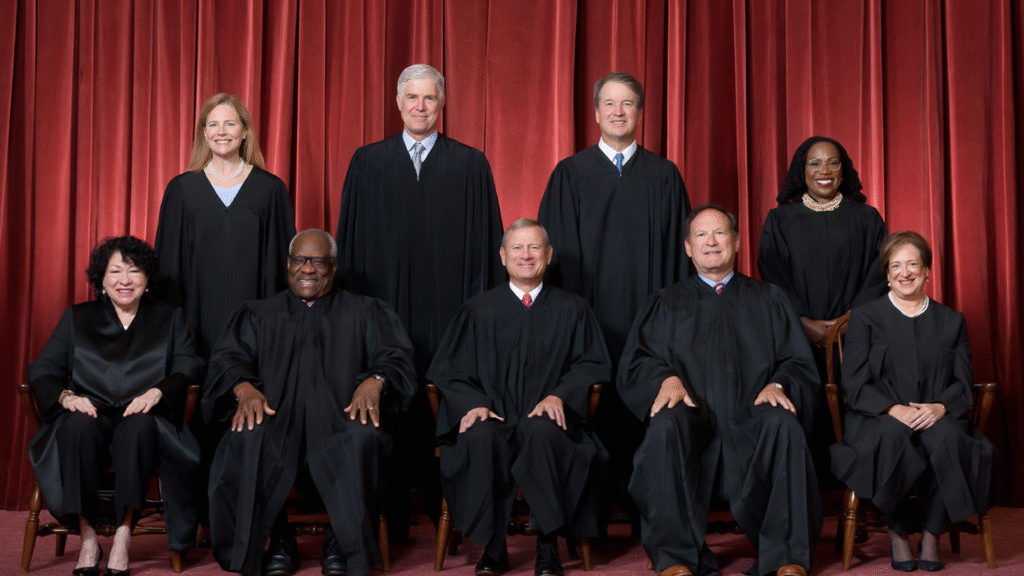
In a decisive 6–3 ruling on Friday, the Supreme Court reinforced religious freedom by siding with parents fighting LGBTQ-themed books used in elementary schools in Montgomery County, Maryland.
At the heart of the case was whether the Montgomery County Board of Education violated the First Amendment’s free exercise clause by refusing to allow parents to opt their children out of the curriculum.
Justice Samuel Alito, writing for the majority, declared that the school board’s decision to include “LGBTQ+ inclusive” storybooks without offering an opt-out option “places an unconstitutional burden on the parents’ rights to the free exercise of their religion.”
The ruling underscores the Court’s growing willingness—driven by a 6–3 conservative majority—to protect parental and religious rights in public education.
Supreme Court case: The case began in 2022 when Montgomery County revamped its English language arts curriculum, introducing books like Uncle Bobby’s Wedding (featuring a gay character) and Born Ready (about a transgender child).
Although teachers were not required to use these books, the board initially assured parents they could exclude their children from LGBTQ-themed lessons.
That promise was later revoked, prompting a lawsuit from Muslim parents—Tamer Mahmoud and Enas Barakat—alongside Catholic, Ukrainian Orthodox families, and the religiously diverse group Kids First. They argued that exposing children to content contradicting their faith amounted to compelled ideological indoctrination.
Justice Alito’s decision emphasized that the board’s reversal on opt-outs amounted to religious coercion. By making children absorb these themes in school without consent, the board effectively forced parents to choose between compliance or violating their faith—an unjust choice under the Constitution.
The ruling did not go unchallenged. Justice Sonia Sotomayor, writing for the liberal dissent, warned that the decision “will create chaos” in public schools, given the wide array of religious beliefs across the country. She cautioned that parents might use the ruling to shield children from countless curricular elements they find objectionable.
However, supporters of the majority decision argue that the ruling upholds basic religious freedoms and parental prerogatives. They argue that opt-out policies are not burdensome and represent standard accommodations that respect both religious diversity and educational objectives.
The Supreme Court’s decision sends a clear message: schools cannot unilaterally impose ideologically driven content while denying conscientious alternatives.
Montgomery County’s attempt to revise its curriculum was initially backed by lower courts, including a federal district court and the Fourth Circuit Court of Appeals in Richmond, which had upheld the board’s authority. Friday’s Supreme Court reversal is significant—signaling that even long-standing curricular decisions can be overturned when they cross constitutional boundaries.
This ruling follows high-profile religious liberty decisions—from the Christian web designer who refused to work on same-sex weddings to cases protecting religious speech. The consistent theme: the Court continues to champion individual liberties, especially when public institutions encroach upon sincerely held beliefs.
In practical terms, the decision sends a strong signal to school boards nationwide that parental religious objections are not optional inconveniences—they are constitutionally protected rights.
The Montgomery County case may only be one test, but it looks inevitable that more education battles lie ahead as districts and advocates navigate this renewed emphasis on religious accommodation.

